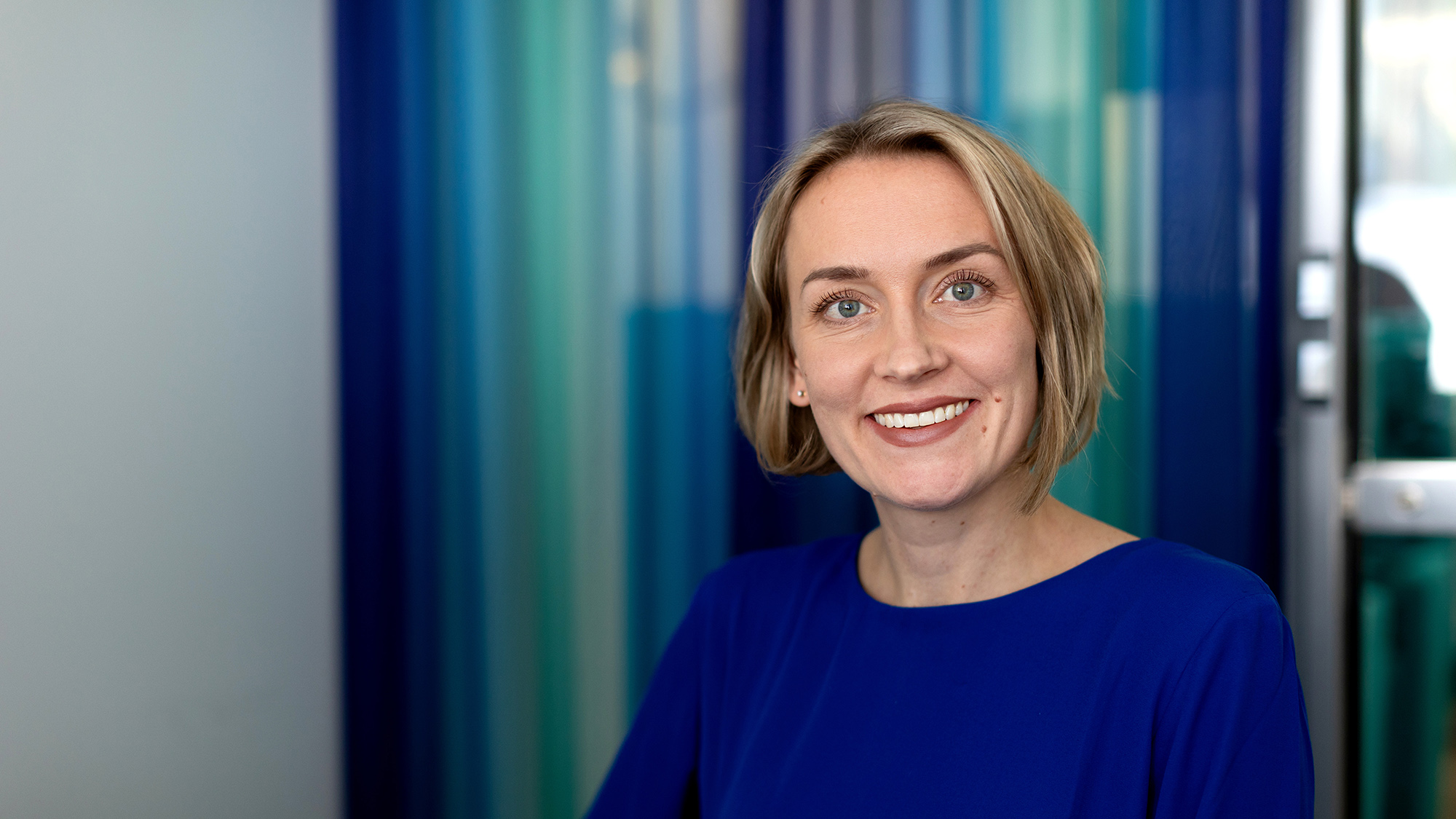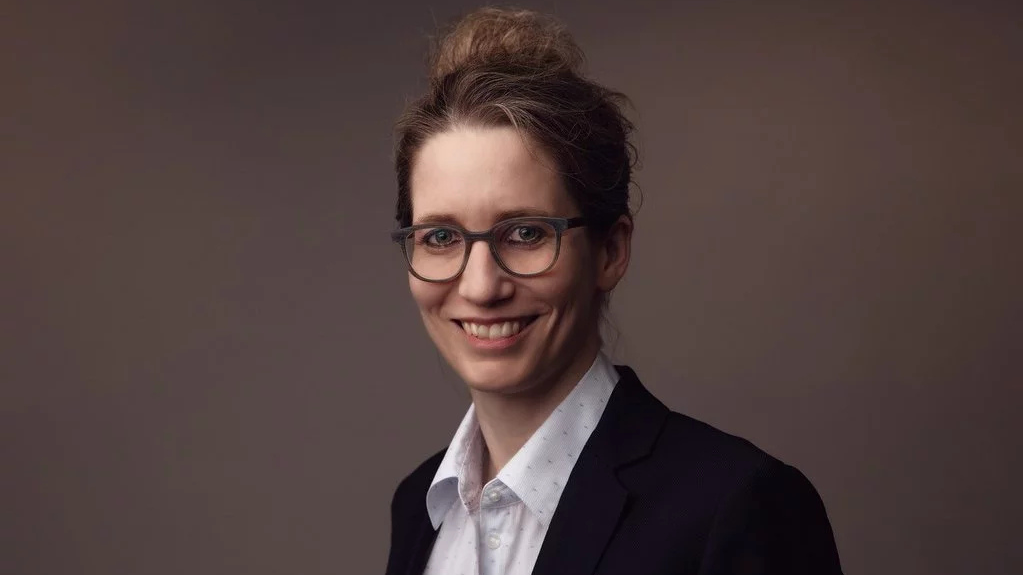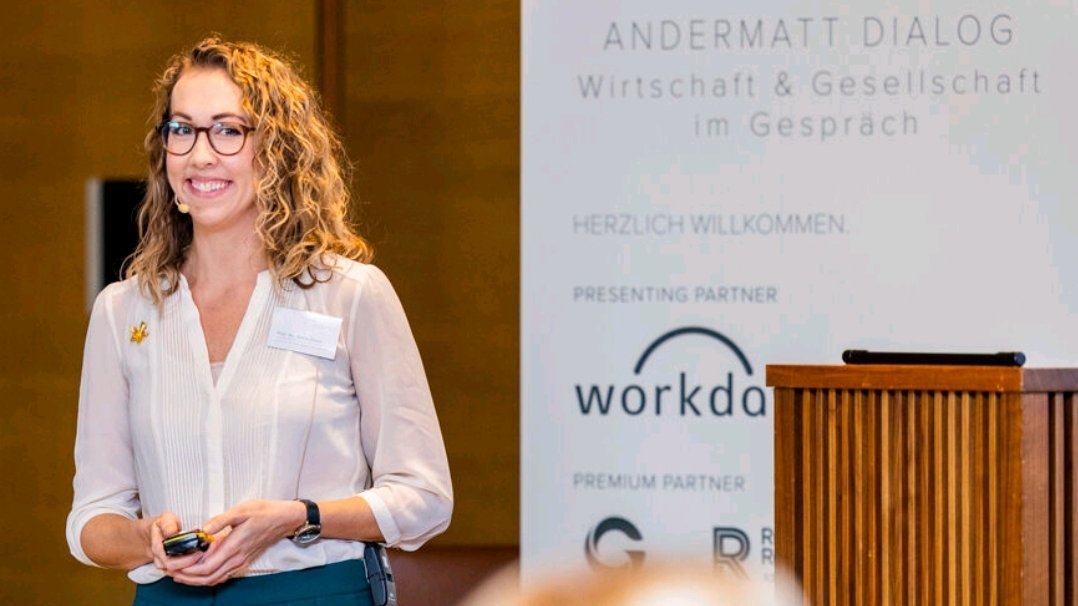The grand societal challenges of our time do not stop at disciplinary boundaries – and that is why research at the University of St.Gallen (HSG) does not either. Across all schools, researchers at HSG actively contribute to the discourse on sustainability with practice-oriented publications and projects that are widely recognised in the scientific community. The focus is always on the question: how can research make a real contribution to tackling the social and environmental challenges?
In 2023 and 2024, a total of around CHF 7’500’000 funding from the Swiss National Science Foundation (SNSF) and the HSG's internal project funding (GFF) was secured for research projects that are dedicated to ecological and social challenges. These projects address a wide range of topics identified in the UN Sustainable Development Goals, ranging from biodiversity and social justice to sustainable entrepreneurship and circular economy. The “Research” section of this report outlines the development of research funds and other funding sources for sustainability projects.
The Circular Lab is a flagship project for effective and interdisciplinary research. The initiative was launched in 2023 by Dr Fabian Takacs, Anna Burch, Professor Karolin Frankenberger (Institute of Management & Strategy), Professor Simon Mayer and Professor Andrei Ciortea (Institute of Computer Science) with the goal to develop practical solutions for the transition to a circular economy. The focus is on the Lake Constance region. Together with partners from academia, local business, and society – FREITAG from Zurich, for example, or Verdunova from the Rhine Valley – the lab is working towards solutions that will make a significant contribution to overcoming environmental challenges in the Lake Constance region. The project is funded with a total of EUR 4 million from the European Regional Development Fund, as part of the European Union's Interreg programme, and the Swiss Confederation's New Regional Policy (NRP) programme.
"At the Circular Lab, we bring together people, technologies and ideas to forge new paths towards sustainability. Our research thrives on interdisciplinary collaboration, both within HSG and with external partners in the Lake Constance region – enabling us to make a tangible contribution to the transformation of the economy and society."
Prof Dr Simon Mayer, Institute of Computer Science (ICS-HSG), co-initiator of the Circular Lab
The effectiveness of this approach was recognised in 2025 with the HSG Impact Award. The research of Circular Lab was brought close to the general public in an unconventional way through the Circle of Water exhibition, organised in cooperation with the Textile Museum St.Gallen. With its work, the Circular Lab is also reflected in teaching at HSG, for example, in bachelor's and master's theses and in executive education course content. Further, Fabian Takacs talks about successful circular business models in an episode of the podcast HSG Research Insights. This example impressively demonstrates how research results can be translated into public dialogue and made understandable and tangible for a broader audience.
Beyond the Circular Lab, HSG researchers actively promote the transfer of knowledge from academia to society. Whether through public exhibitions, conferences, podcasts, media contributions or cooperation with international partner institutions, researchers communicate their knowledge in a targeted manner beyond the academic realm. In this way, HSG makes an important contribution to the public discourse on issues relevant to our future. Further details on transfer activities can be found in the section on Societal Engagement.
Further examples of interdisciplinary research on social and environmental challenges show how seriously HSG's guiding principle is taken: HSG sees itself as a place where knowledge is created for business and society – and as an institution committed to contributing to the solution of global challenges.

"By examining entrepreneurial activity in contexts such as the slums of India, we are not only expanding our understanding of economics – we are also questioning which forms of innovation, resilience, and responsibility really matter in practice."
Prof Dr Charlotta Sirén, Associate Professor of Management (IRI-HSG)

"The growing evidence of the impact of ecological crises on our mental health challenges us to think and act holistically. Planetary health brings together actors from various disciplines, business, and politics to find solutions that offer co-benefits for the environment and our well-being."
Prof Dr Susanne Fischer, Assistant Professor of Planetary Health (MED-HSG)

"Sustainability is more embedded and effective in organizations that recognize that leadership and diversity/inclusion are not opposing forces, but together, can unlock fruitful paths to address societal challenges; add a dash of humor, and it can be a surprising recipe for resilient, responsible management."
Prof Dr Jamie Gloor, Assistant Professor of Diversity & Leadership Science (SoM-HSG)